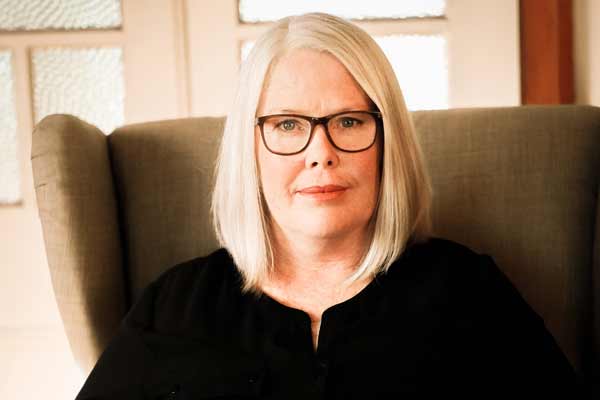Respected soul singer and performer Leah Cotterell will take to the stage to deliver an emotionally impactful show that revolves around mental health issues.
The music of the performance will serve as a memoir for Leah's life and her experiences in a family dealing with schizophrenia, dementia, and agoraphobia. The production is the result of Leah's post-graduate research at the Queensland Conservatorium of Music.
What emotions are you hoping for the audience to experience while walking away from the theatre at the conclusion of the performance?
From experience with the show I expect the audience will feel uplifted. The mixture of sadness and beauty, chaos and strength in the show are a kind of definition of bitter sweet, but there’s so much in it that is redeeming. People usually remember the beauty. I’d like to think some will walk away feeling more comfortable, tolerant and accepting of the subject of mental health.
How has music helped you and others around you in your experiences with mental health?
In my life, music engagement has given me a profession, a purpose, a sense of meaning. For my family members, music was a place to connect to others, to dream and to feel safe with strong emotion.
Could you describe the music and artists that you personally are emotionally connected to?
I have long relationships with some mighty musicians. Through them, with them I have experienced highs and lows, been on some wild trips... As a listener I feel more of everything important in the work of classic gospel, R&B and pop singers, the African American singers, Mahalia Jackson, Dinah Washington, Nina Simone, Ray Charles, Mavis Staples. But I have a real soft spot for anyone who is really sunk in their sound, country singers like Johnny Cash and Jerry Lee Lewis, folk singers June Tabor and Norma Waterson.
In what ways has studying at the Queensland Conservatory of Music pushed your ideas and innovations for performance further?
Being able to spend 18 months writing this show, to do the research that surrounds my intuitive creative decisions, to process a piece of work with that depth was a life changing experience – literally. It has allowed me to find my voice in new ways, in new relationships that are leading me in new directions.
What does it mean to you to be able to share you personal life stories with a large, invested audience?
It doesn’t get better. I’m strong on the idea that live singing is a language that touches more parts of our mind than any other – if we are prepared and positive about the exchange.
Has it been a long process to put this project together?
From the time I wrote the proposal for the Masters until now is four years.
What makes Mental Health Week so important?
Why is there still a stigma? Is it dissolving?
How can we fight the stigma of mental health together?
If someone out there is struggling with an issue in silence right now, what advice would you give them?
Leah Cotterell performs 'The Pleasure Of Sad Songs' at Judith Wright Centre Of Contemporary Arts, 14-15 October. Mental Health Week runs nationwide, 9-15 October.

